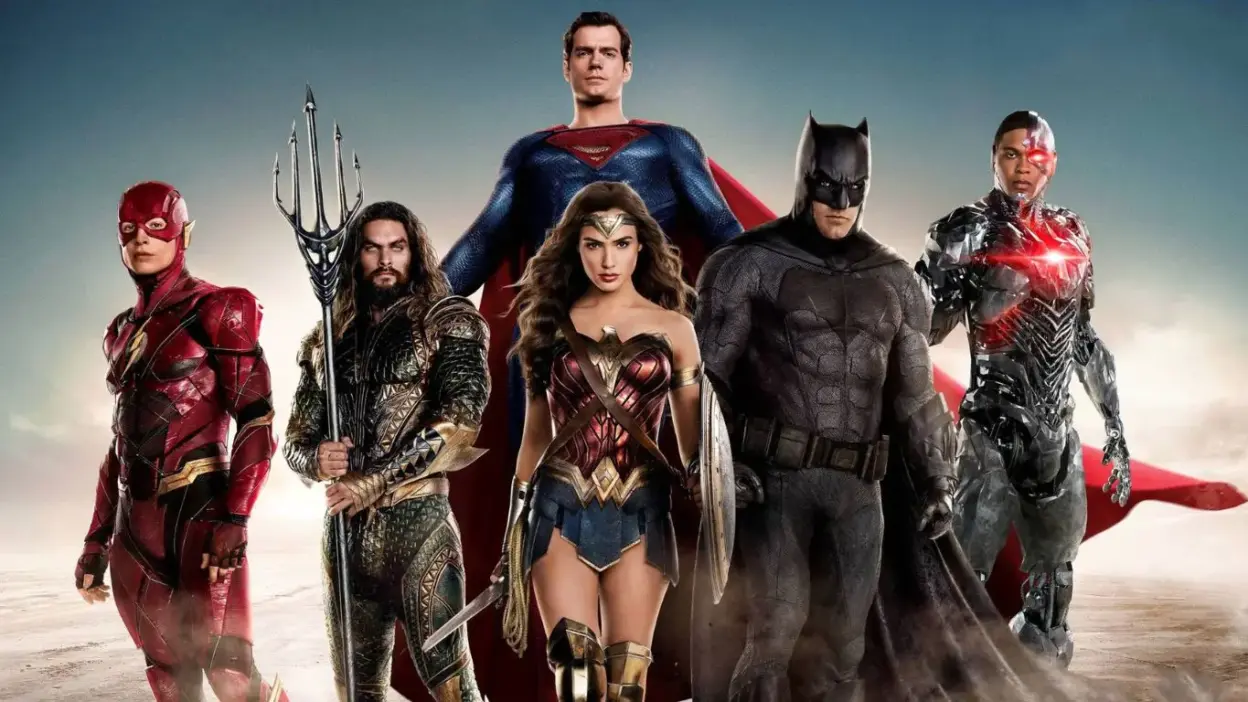The pantheon of DC Comics is rich with characters who embody strength, justice, and the relentless pursuit of good. Yet, these paragons of heroism, draped in capes and armed with powers beyond mortal ken, often find themselves ensnared in cycles of mistakes and oversight. In the blog “10 Lessons DC Heroes Often Fail to Learn,” we delve deeper into the fabric of these narratives to uncover the lessons that even the mightiest of heroes seem to overlook, time and again. Through their struggles and triumphs, these characters not only save worlds but also offer us profound insights into human nature and the complexities of heroism.
10 Lessons DC Heroes Often Fail to Learn
The Importance of Work-Life Balance

The life of a superhero is undeniably demanding, often consuming their existence to the point where their personal lives dwindle into mere fragments. Batman, for instance, epitomizes this sacrifice. His unwavering dedication to his mission as the Dark Knight leaves minimal room for intimacy or vulnerability. In the graphic novel “Batman: Hush,” Batman’s relentless pursuit of justice places immense strain on his relationship with Catwoman, laying bare the toll of his commitment.
Similarly, the struggle for balance between Superman’s responsibilities as the Man of Steel and his personal life as Clark Kent is a perpetual challenge. Various storylines, such as “Superman: Secret Identity,” delve into the intricacies of his relationship with Lois Lane. These narratives shine a spotlight on the sacrifices made in the name of heroism, as Clark navigates the complexities of love and duty, reminding us that even the most super of beings grapple with the intricacies of a dual life.
The Dangers of Playing God
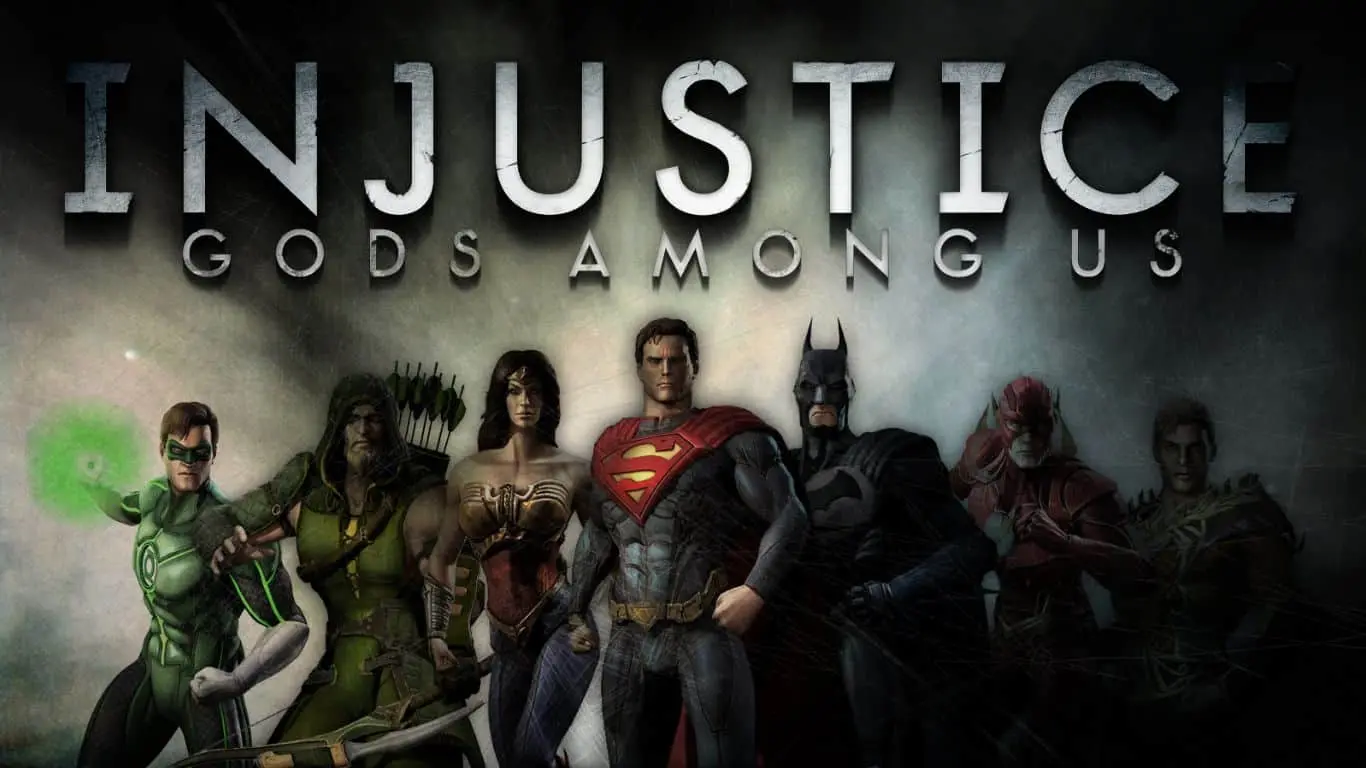
Superheroes, endowed with god-like abilities, often grapple with the temptation to exert their will over the world. In “Injustice: Gods Among Us,” the Justice League confronts a chilling reality where Superman forsakes his principles, opting for authoritarian rule to enforce peace. This stark illustration underscores the perils of unchecked power, as Superman transforms from protector to tyrant. Batman, a staunch opponent in this regime, exemplifies the moral imperative of restraint. Their clash epitomizes the ethical dilemma faced by heroes: the line between safeguarding humanity and succumbing to the seduction of absolute control, highlighting the vital lesson that great power must be tempered with ethical stewardship.
The Necessity of Trusting Others
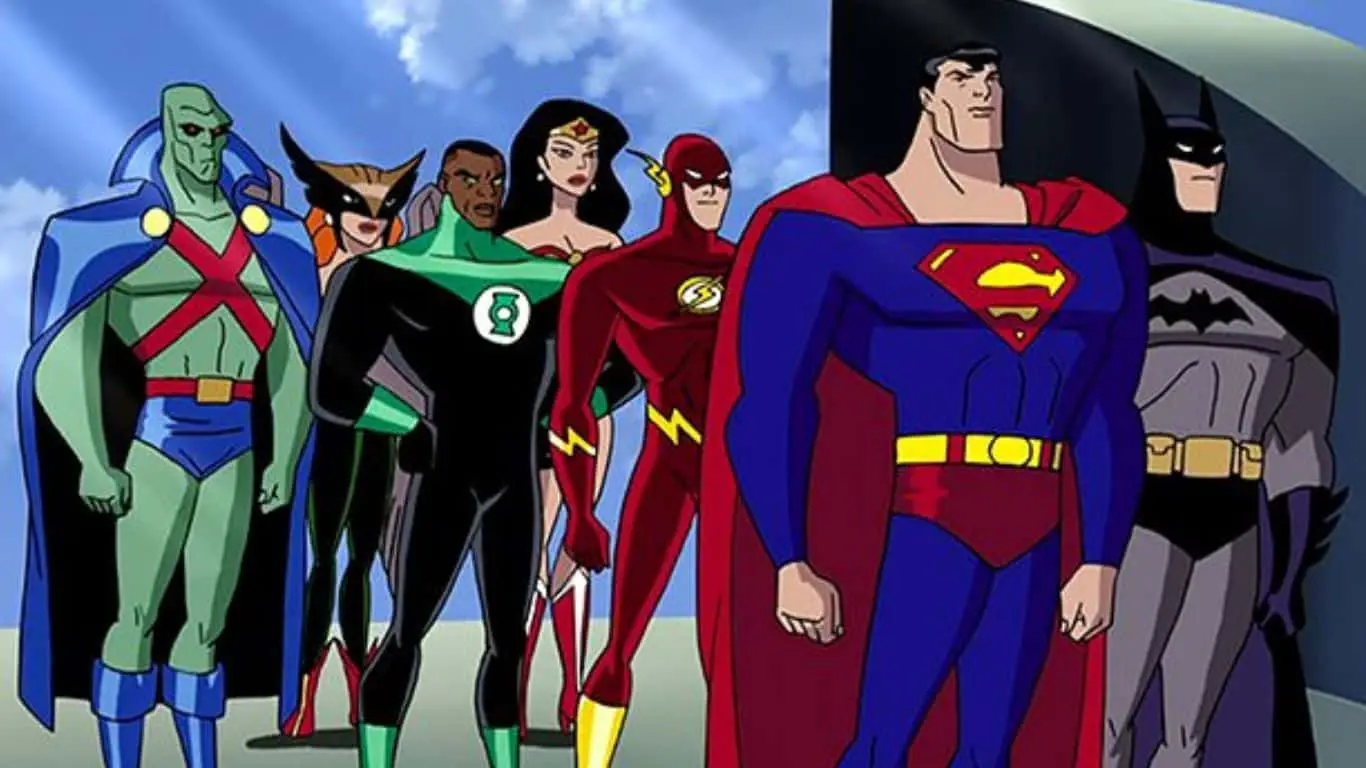
The lesson of trust is one that superheroes frequently struggle to grasp. Characters like Batman, known for their self-reliance, often exhibit a reluctance to place faith in others, even within the esteemed Justice League. This recurring skepticism, while occasionally justified, serves as a lesson that superheroes often fail to learn.
Their reluctance to trust fully can hinder collective efforts, sow internal conflicts, and sometimes lead to missed opportunities for teamwork. The formation of the Justice League, despite its eventual success, highlights this ongoing challenge, underscoring the lesson that even the mightiest heroes must overcome their doubts and trust in their fellow champions to achieve greater feats.
Learning from Failure
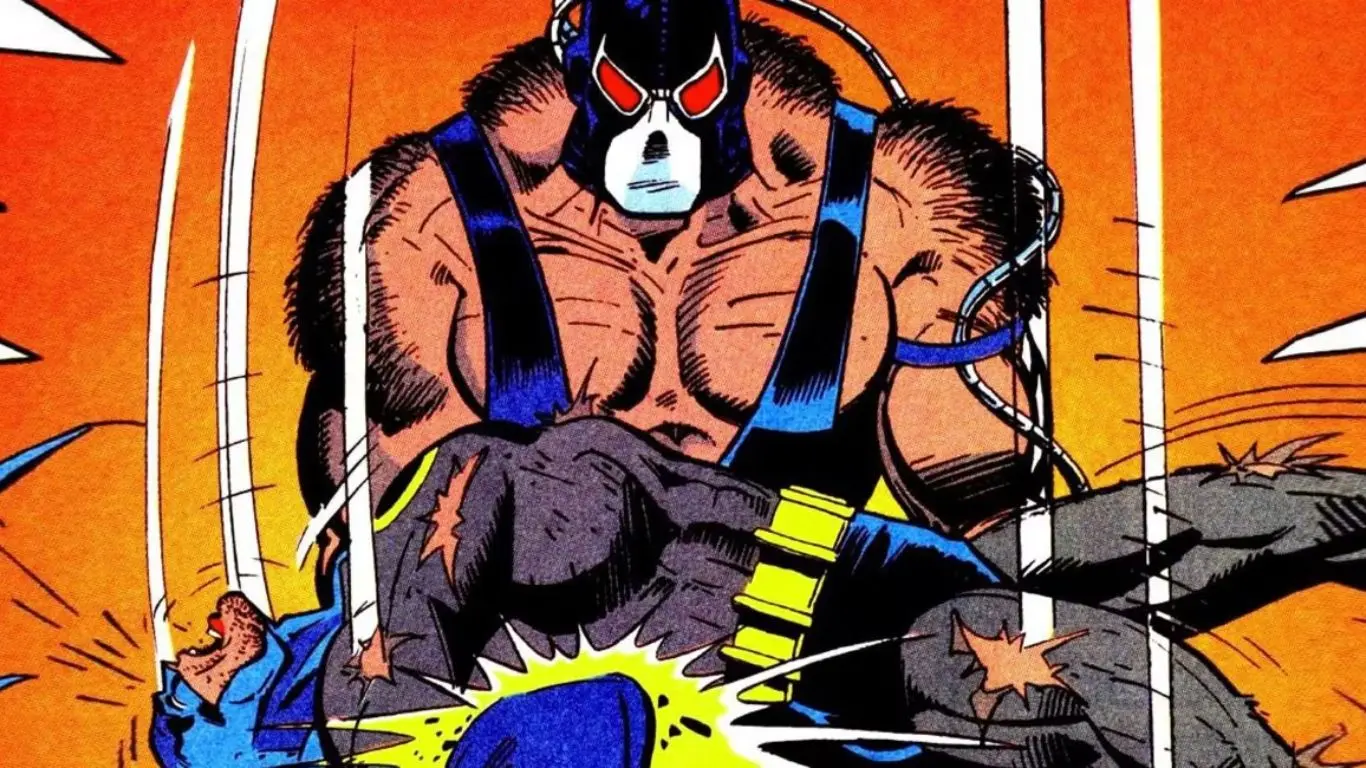
Failure, while a natural part of their journey, is a lesson that superheroes frequently struggle to internalize. The superhero ethos typically abhors defeat, yet it remains an inevitable part of their path. Batman’s crushing loss to Bane in “Knightfall” exemplifies this. Despite the lesson it offers in resilience, superheroes often struggle to accept failure gracefully.
They tend to resist acknowledging their vulnerabilities, which can hinder personal growth and limit their ability to bounce back. This recurring pattern underscores the lesson that even the most powerful heroes must learn to embrace failure as a teacher, understanding that it imparts valuable lessons in humility, strength, and the determination to rise again.
The Perils of Secret-Keeping
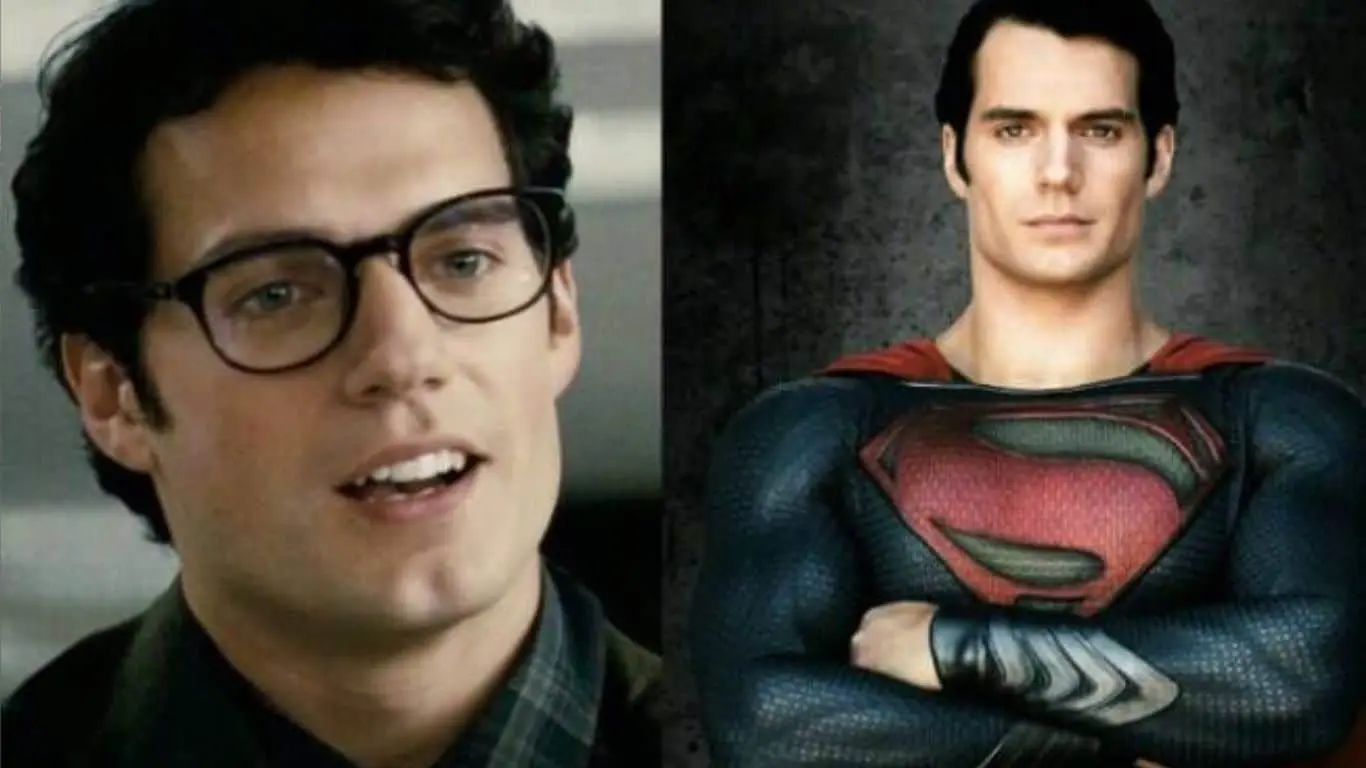
The dual lives led by superheroes create a complex web of secrets that frequently strain their closest relationships. The perpetual struggle faced by characters like Superman, who must balance his existence as both the Man of Steel and Clark Kent, serves as a poignant illustration of the isolating burden of these secrets. Constantly navigating the delicate balance between safeguarding loved ones and being truthful, superheroes grapple with ethical dilemmas tied to secret-keeping. These scenarios forcefully interrogate whether the protection provided by these secrets outweighs the profound personal costs incurred, underscoring a lesson that superheroes often grapple with and sometimes fail to fully comprehend.
Understanding the Value of Human Life
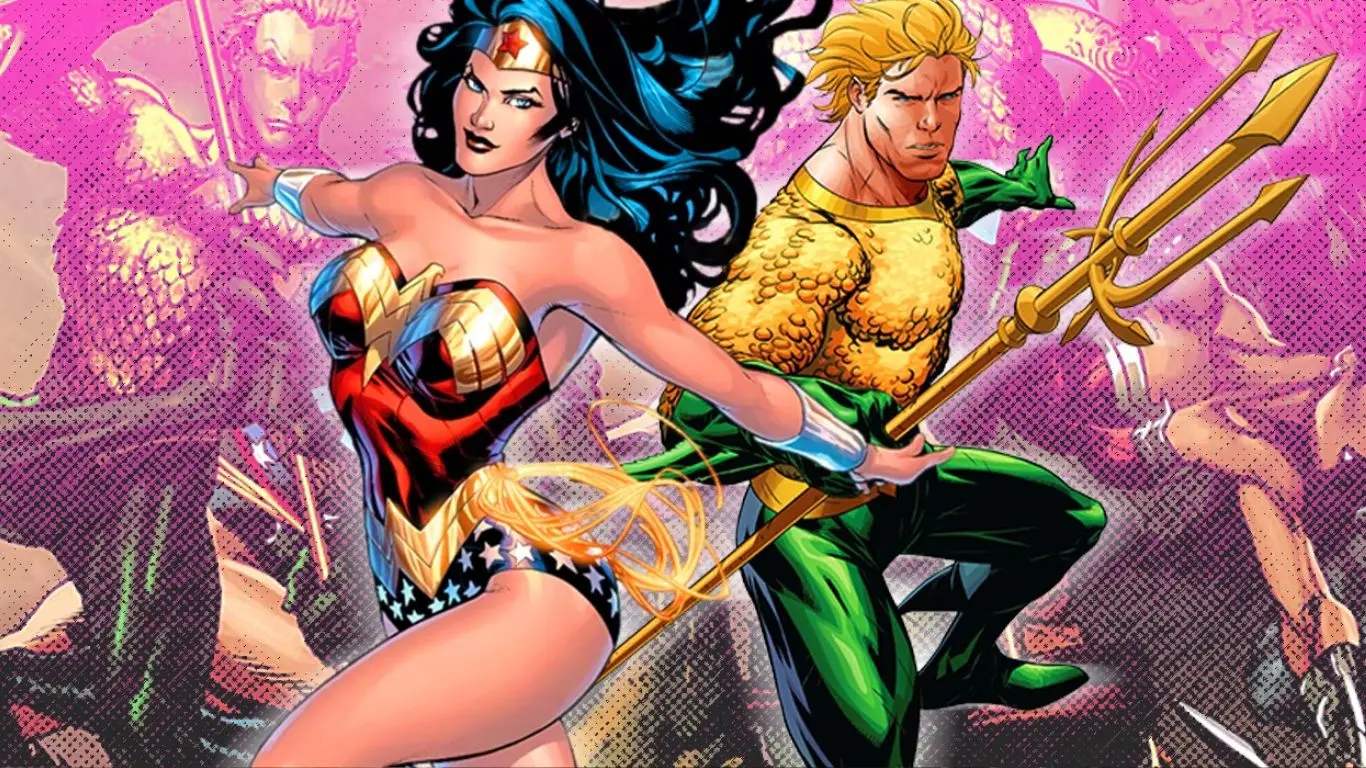
In the crucible of their epic battles, DC heroes routinely confront agonizing choices that demand they weigh the worth of individual lives against the broader pursuit of the greater good. The narratives of characters like Wonder Woman and Aquaman are replete with such moral quandaries, highlighting the profound lesson that superheroes often struggle to fully internalize.
These stories underscore the sanctity of life and the weighty responsibility borne by heroes. Their decisions serve as poignant reminders of the core principle that every life is valuable, guiding their actions even when faced with apocalyptic threats. This enduring commitment to preserving life, even in the direst circumstances, exemplifies a lesson superheroes continue to grapple with.
The Need for Humility
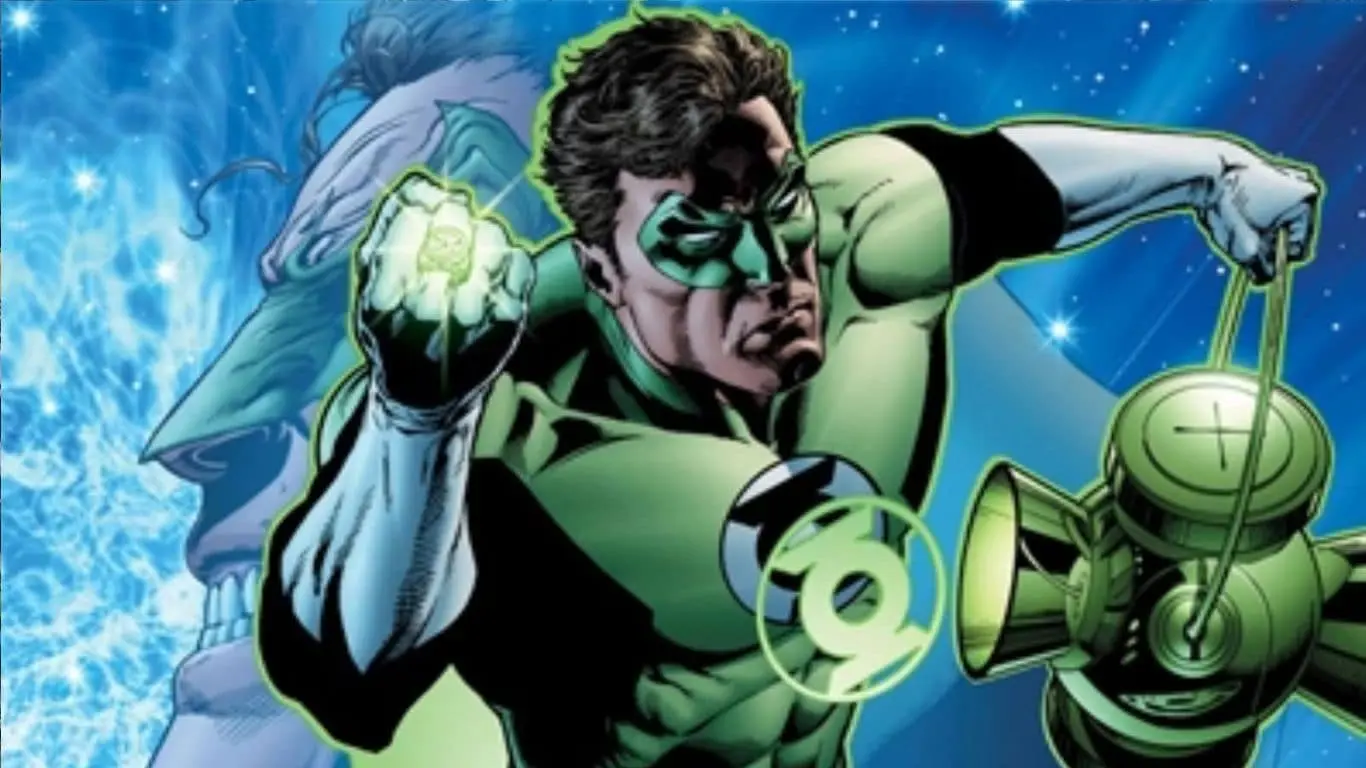
Overconfidence has proven to be the nemesis of numerous heroes throughout history, and Hal Jordan’s tumultuous journey as Green Lantern stands as a powerful testament to the perilous nature of hubris. His transformation into the malevolent force known as Parallax and the subsequent path to redemption, vividly depicted in “Green Lantern: Rebirth,” offers a compelling narrative that underscores a lesson superheroes often struggle to learn. Jordan’s harrowing odyssey traverses the spectrum from unwavering arrogance to abysmal despair and, ultimately, a triumphant return to heroism. It serves as a poignant reminder of the indispensable virtue of humility when confronted with the overwhelming power that often accompanies the superhero mantle.
Respecting Boundaries
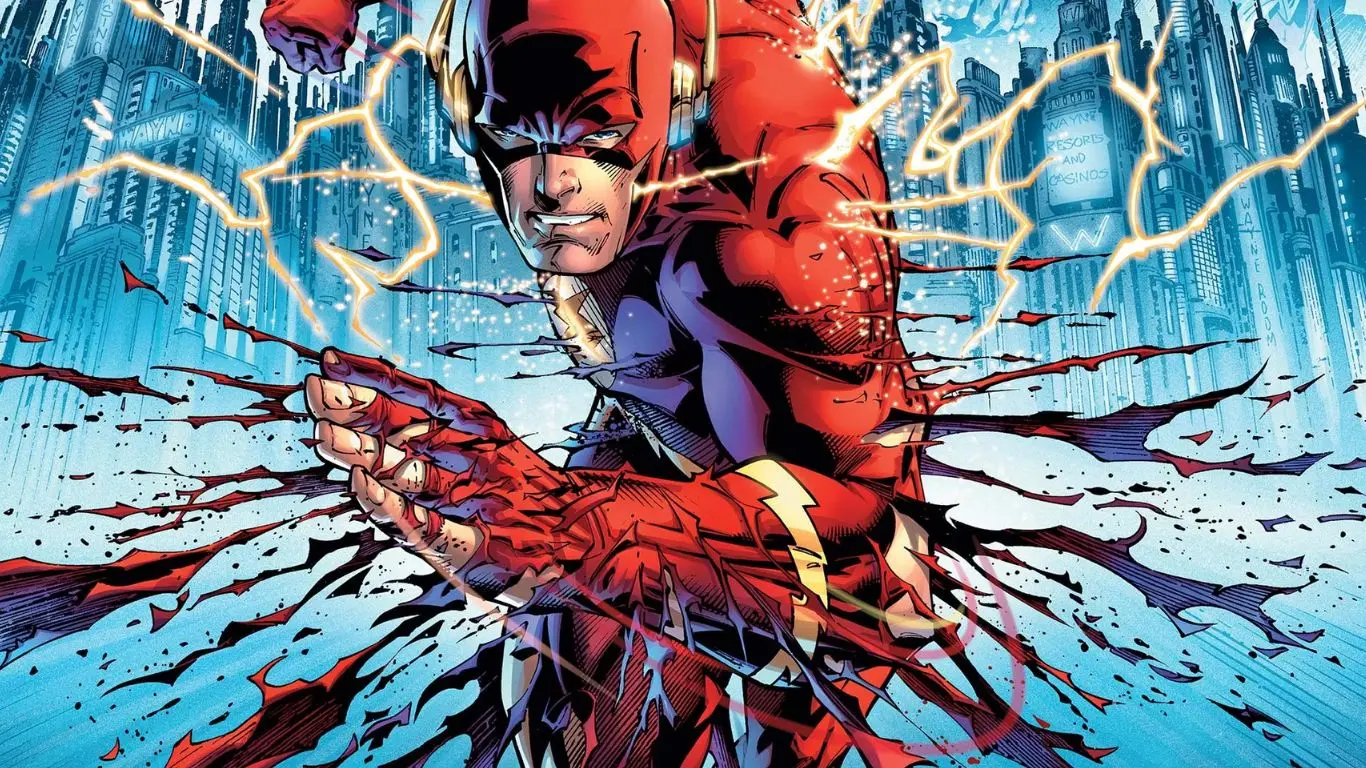
The Flash’s extraordinary power to manipulate time offers tantalizing possibilities to reshape the past. However, the cautionary tale of the “Flashpoint” storyline serves as a stark reminder of the lesson that superheroes often struggle to grasp. It reveals the catastrophic chaos that ensues from meddling with time, cautioning against the hubris of believing one can control outcomes without unforeseen consequences.
This narrative advocates for the crucial lesson of respecting both natural and moral boundaries. Superheroes who defy these boundaries in their pursuit of change often find themselves in a maelstrom of unintended repercussions, illustrating the imperative of humility in the face of temporal power.
The Significance of Self-Care
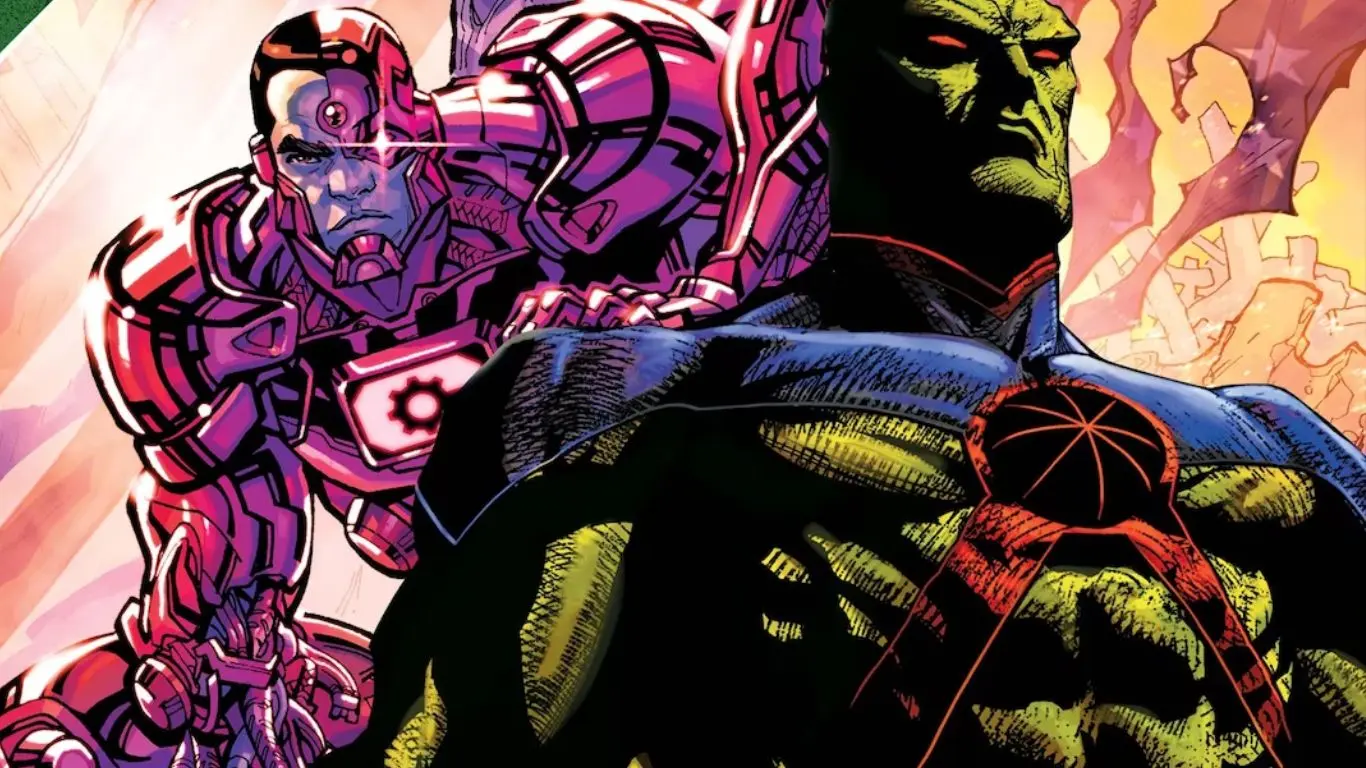
The unrelenting battle against darkness exacts a significant toll on a hero’s mental and emotional well-being. Characters like Martian Manhunter and Cyborg exemplify this harsh reality, often neglecting their own trauma in their unwavering commitment to others. Their stories underscore a vital lesson that superheroes frequently overlook: the critical importance of self-care and mental health.
These heroes personify the superhero trope of selflessness taken to the extreme, emphasizing that self-neglect can hinder their effectiveness as protectors of justice. Their narratives serve as a poignant reminder that healing oneself is not just a personal imperative but also essential for their ability to continue the relentless fight for justice.
Embracing Change
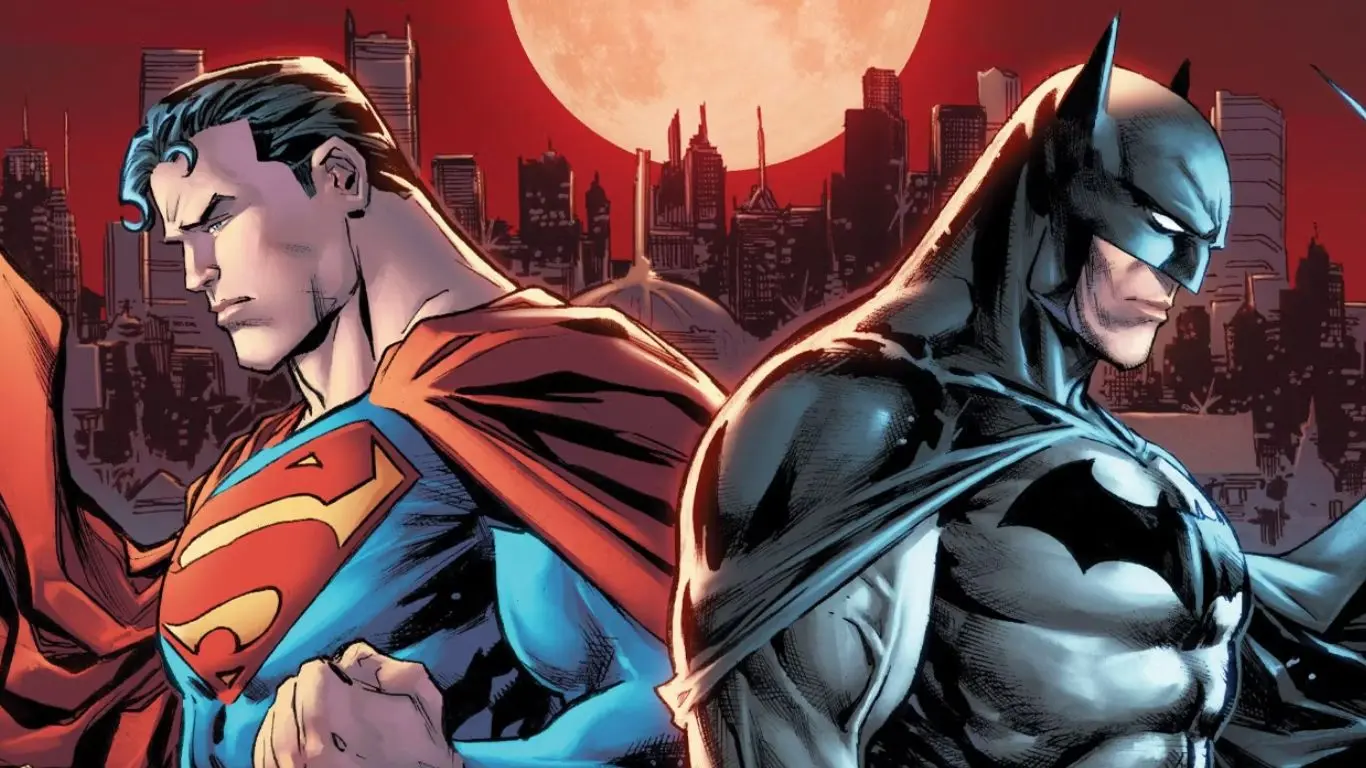
The DC Universe’s ever-evolving nature presents heroes with a crucial lesson they frequently struggle to grasp. Batman’s adeptness at adapting to new threats and Superman’s ability to evolve with changing times showcase their enduring relevance. However, superheroes often falter in resisting change, a lesson they consistently fail to learn.
Their reluctance to embrace the inevitable shifts in their world can impede their growth, leading to dire consequences. Story arcs vividly depict the perils of resisting change, highlighting that heroes must adapt or face the risk of becoming obsolete. This lesson underscores that, for superheroes, embracing change isn’t just a survival tactic; it’s a mandate for their growth and evolution that they often neglect to heed.
Also Read: The Evolution of DC Comics Movies: A Journey Through the History of DC Movies
